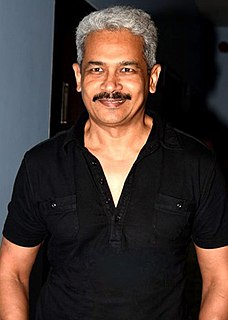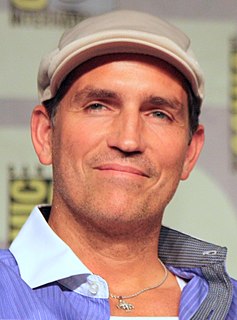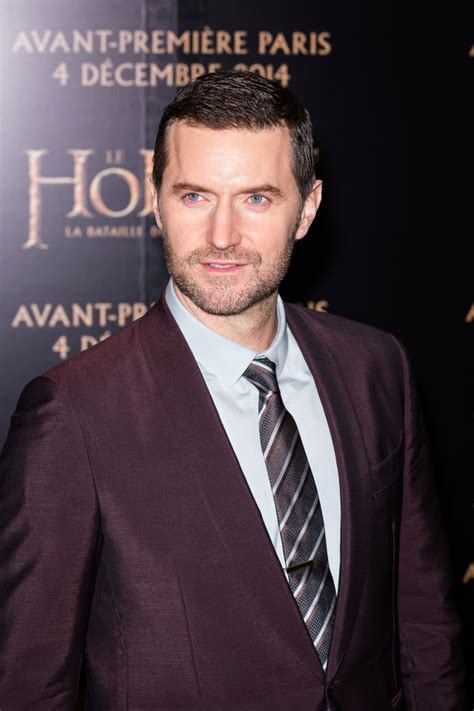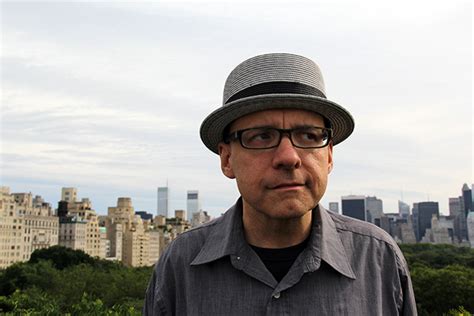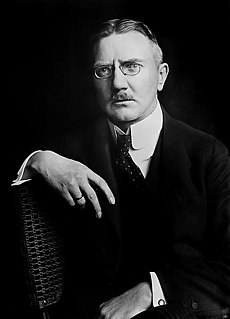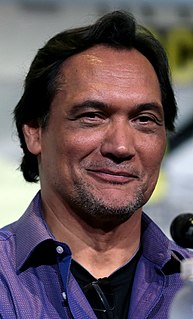A Quote by Atul Kulkarni
Playing the Mahatma at the start of my career has made a difference in my life as I had read a lot about him at that point of time. I still read a lot on him. His opinion about life and politics has affected a lot of persons, including me.
Related Quotes
One thing I learned about Gordon Brown is you've got to have the strength to just get in there and take him on. When you first hear him spouting his statistics and boasting about his record, it can be quite intimidating. But over time, shadowing him, I just realised that a lot of it was rubbish; a lot of it was baloney.
I read a ton of nonfiction. I tend to read about a lot of very extreme situations, life-or-death situations. I'm very interested in books about Arctic exploration or about doomed Apollo missions. I tend to read a lot of nonfiction that's sort of hyperbolic and visceral. And then I kind of draw on my own personal experiences and my own sort of generic life experience, and I kind of try to feed my day-to-day reality that I have with sort of high stakes reference points that I read about. They're things everyone can relate to.
I can read books and news articles about people who have excelled, people who have done extremely well in their chosen field, or made a lot of money, or married well, or what have you. When some people read this stuff, they get inspired, but when I read it, it makes me feel worse. Sometimes I wish I had never learned to read.
Writing New People I was thinking a lot about the era that I came of age - the 90's. Brooklyn, in particular, this moment when I lived there. The sense of possibility. I was also trying to find a way to write about Jonestown. I had read about it a lot and I had the sense that the story could really start to drive one over the edge.
There are a lot of doors that still get shut, and there are a lot of walls to still breach. But, the stuff that does come across to me, or that I hear about or read about, that I'm willing to go out there and fight for, I still have to go audition. I do have a certain leeway to choose, from that group, what I want to say, as an artist.
Utopian fiction is really boring. I had to read a lot of it, and it's not that much fun. But they're fascinating to me as historical documents. Cabet [Icaria's founder and author of the utopian novel, Travels in Icaria], is writing in the 1830s, and his idea of the perfect society reveals a lot about his time. But his book is uniquely bad.
